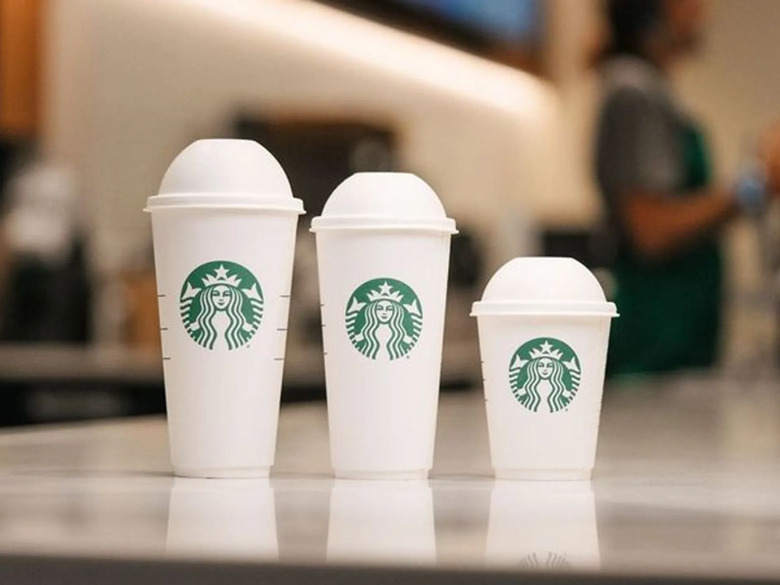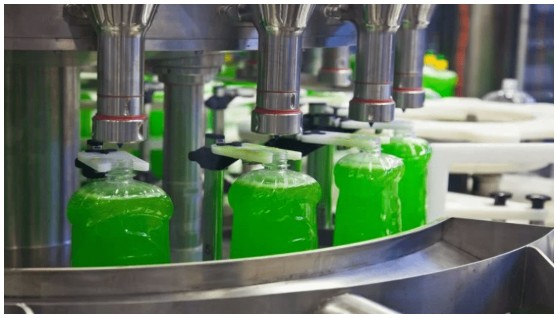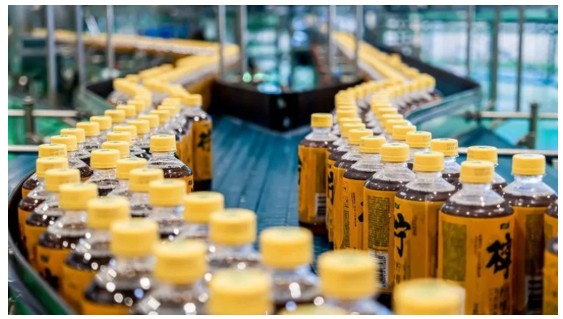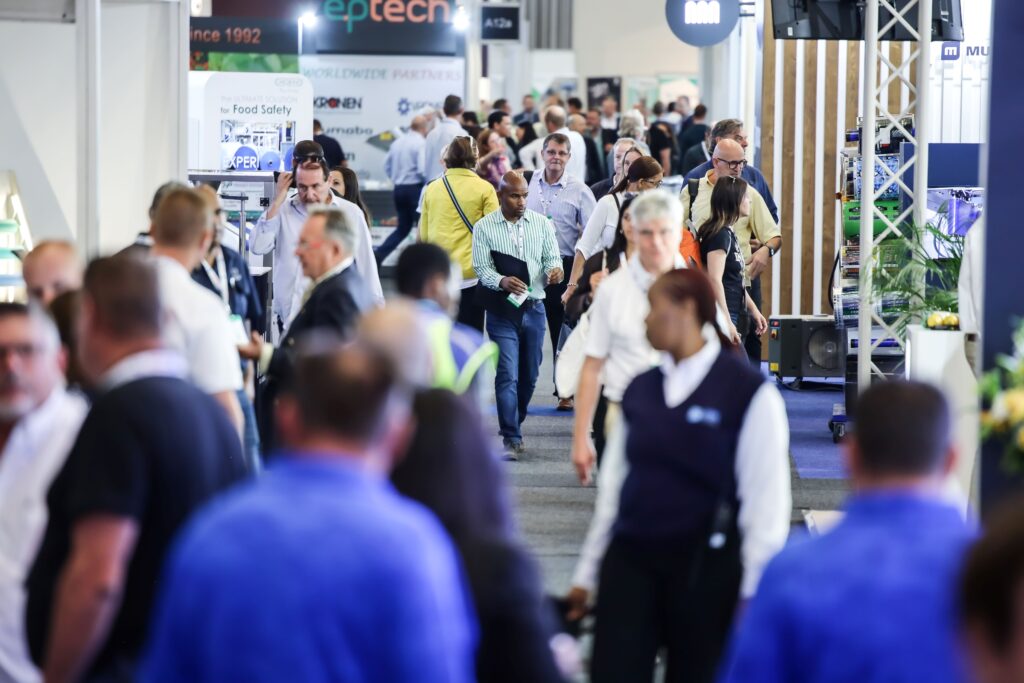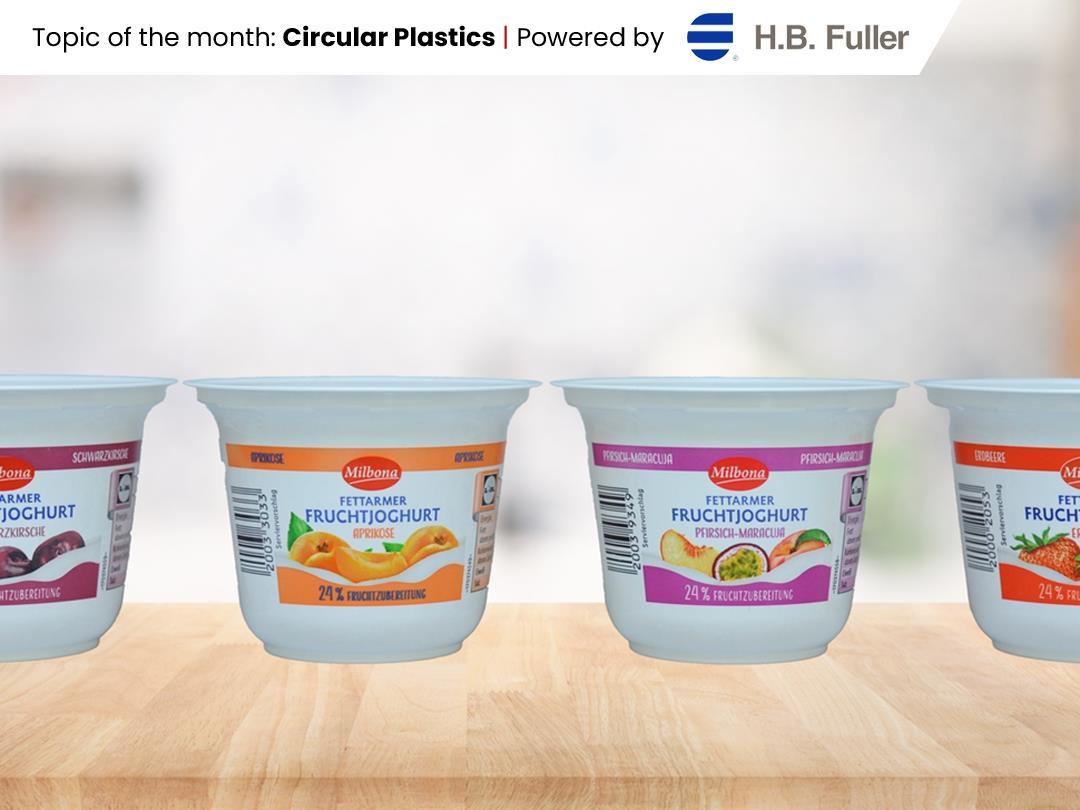In a significant advancement towards sustainability, Starbucks has partnered with Huhtamaki to trial compostable cups for cold beverages in select locations across the United States. This initiative will introduce moulded fibre lids and double-walled paperboard cups, featuring a bioplastic liner, aimed at reducing the environmental impact of single-use packaging.
A spokesperson for Starbucks confirmed to the International Molded Fiber Association (IMFA) that both the fibre-based lids and cups will have an opaque appearance. Ann O’Hara, president of Huhtamaki North America, elaborated on the complexities of producing these lids, emphasizing that while they may seem simple, ensuring a secure fit on the cups presents notable production challenges.
The pilot program will launch in 21 Starbucks locations in California and three in Minnesota. This strategic selection aligns with ongoing legislation in these states promoting Extended Producer Responsibility (EPR), which holds manufacturers accountable for the lifecycle of their products, including disposal. Notably, California’s Alameda Disposable Food Service Ware Reduction Law encourages foodservice establishments to utilize reusable packaging, but allows for compostable options when reusables are not feasible.
This initiative is part of Starbucks’ broader commitment to sustainability, with ambitious targets set for 2030. The company aims to ensure that all its packaging is either reusable, recyclable, or compostable, with at least 50% sourced from recycled materials and a 50% reduction in virgin fossil fuel-derived materials. Despite previous setbacks in achieving its goal for compostable and recyclable hot cups by 2022, Starbucks has increased its sales of beverages served in reusable cups, reflecting a growing focus on sustainable practices.
Furthermore, Huhtamaki has ramped up its moulded fibre production capabilities, indicating a strong commitment to environmentally friendly materials. The trial of these compostable products marks a significant step forward in the quest for innovative solutions to reduce waste in the foodservice industry.
In conjunction with this initiative, Starbucks has recently collaborated with Closed Loop Partners to implement reusable cups as the default option for takeout packaging in Petaluma, California, further reinforcing its drive to diminish reliance on single-use products and foster consumer behavior towards reuse.
As organizations strive to meet the challenges of environmental sustainability, the partnership between Starbucks and Huhtamaki exemplifies a proactive approach to reducing packaging waste and promoting a circular economy. The outcome of this trial will be closely monitored, with potential implications for future practices within the food and beverage sector.
Source

